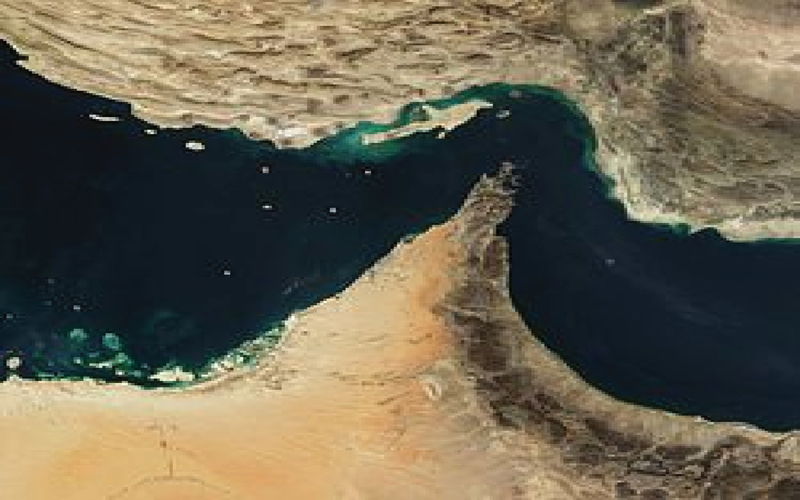- ASRY Awarded 2024 RoSPA Gold Medal in Health and Safety
- BP ponders shifting focus away from renewables, say sources
- QatarEnergy enters 10-year naphtha supply agreement with Japan’s ENEOS Corporation
- The International Energy Agency expects oil demand growth to slow in 2024
- The International Monetary Fund re-selects Kristalina Georgieva as its director
- Libya to target producing 1.4 million b/d by end 2024
- TotalEnergies launches the Marsa LNG project and deploys it multi-energy strategy in Oman
- H.E. Minister Al-Kaabi: Demand for oil and gas will continue for long; we have to be responsible, and Qatar is doing its part
- Egypt to stop exporting LNG starting from the beginning of May 2024
- QatarEnergy selects Nakilat to own and operate 25 conventional LNG vessels

An emergency plan to face the closure of the Strait of Hormuz

The Government Energy Committee in Iraq made an emergency plan to face any crisis that might arise if Iran closed the Strait of Hormuz, which could disrupt about 80% of the Iraqi oil exports. The plans include intensifying the exports from the Turkish port of Ceyhan, and also increasing the number of trucks carrying the crude. Iraq has exported about 2 million barrels per day in February 2012, including 1.7 million from the southern port of Al Basra and across the export port in the Gulf, and 75 thousand barrels from its northern fields near Kirkuk to Ceyhan. There are steps to speed up the construction completion of the strategic north pipeline and linking it to Kirkuk pipeline – Ceyhan for exporting oil from Al Basra across the port of Ceyhan.
Iraq is moving forward in building a pipeline extending for 680 km to transport one million barrels per day of the southern fields’ crudes near Al Basra to the main pumping station in Al Hadetha in the west. The establishment of 200 kilometers of the pipeline was finished, and it is expected to be completed in 2013, where there will be flexibility in transferring oil from Al Basra to multiple destinations including Ceyhan.










